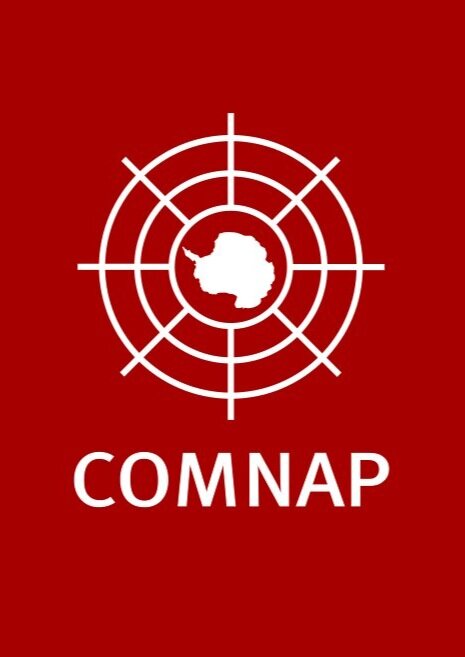
WELCOME to the Council of Managers of National Antarctic Programs (COMNAP) website
The Council of Managers of National Antarctic Programs is an international association, formed in 1988, which facilitates support to Antarctic operations amongst the governmental National Antarctic Programs. Our Membership is thirty-four country programs, representing almost 100% of the science and science support activity in Antarctica. The National Antarctic Programs, our Members, are responsible for delivering and supporting scientific research in the Antarctic Treaty Area on behalf of their respective governments and in the spirit of the Antarctic Treaty. They work collaboratively and individually to ensure data from Antarctica is available to the world.
Projects
COMNAP Projects support our Membership, engage the public, and ensure we are providing best practice advice to the Antarctic Treaty system.
Expert Groups
People within the COMNAP Membership have a depth and breadth of expertise found nowhere else. A fundamental aspect of our organisation is to support the free exchange of information between these experts.
Ambitions
Our Ambitions include caring for the environment, supporting our Members to succeed, and fostering strong community relationships while contributing towards a positive, enduring Antarctic future.
Documents and resources
Over the years, we have worked with our Membership and the wider Antarctic community to produce a range of informative brochures, booklets, books and even the Antarctic Station game. Some of our publications provide guidance to our Members on things like waste management, critical technologies, preventing the introduction of non-native species into the Antarctic environment and how to prevent and respond to oil spills. We are advisors to the Antarctic Treaty Consultative Meetings (ATCMs) and to the Committee for Environmental Protection (CEP) through our Permanent Observer status.
News & Events
-
COMNAP AGM 38 and COMNAP SAR Workshop 6
17 February 2026
The Annual General Meeting (AGM) will be held as an in-person, Members-only, meeting at the Edge Hotel, Tromsø, Norway, hosted by the Norwegian Polar Institute.
The COMNAP Antarctic Search & Rescue (SAR) Workshop 6 will be held at the Fram Centre, Tromsø, Norway, hosted by the Norwegian Polar Institute.
To participate in any of the meetings & events, registration is required and it is NOW OPEN for Members. Pre-registration will close on 1 June 2026.
-
Save the date - Early-Career Award application opening soon
16 February 2026
Calling all early-career persons interested in Antarctica. This is for you!
On 16 March, COMNAP will open the call for its Early-Career Award.
Since 2011, COMNAP has been funding people within the first five years of their Antarctic-related career allowing them to undertake short-term visits to major international laboratories, field facilities, and/or home institutions in or operated by COMNAP Member National Antarctic Programs.
To learn more, visit the COMNAP Early-Career Award webpage.
-
COMNAP Welcomed, Safe & Respected Invited Speakers series #2
12 February 2026
COMNAP is delighted to have Dr Nina Purvis (MPhys PhD PGCert MBBS MSc AFAsMA) as the second guest lecturer of the COMNAP Welcomed, Safe & Respected Invited Speakers series.
Nina will present on her experience as the European Space Agency’s Biomedical Research MD and Search & Rescue MD for a 13 month winter over mission at Concordia station, Antarctica from 2024-2025.
When: UTC Monday 9 March 2026 08:00pm/2000hrs
More information on how to join the talk will be available soon.
-
Celebrating International Day of Women and Girls in Science
11 February 2026
In COMNAP, we are working hard to close the gender gap in Antarctic activities. As an organisation we are leading by example, with some pretty great women who are, or have been, at the helm of COMNAP over the years. Did you know that COMNAP was the first (and only) of the Antarctic Observer organisations to have a female Chair? That was from 1997–2001, it was Gillian Wratt, then Antarctica New Zealand MNAP. We are also the first to have a female Executive Secretary (2009–present), Michelle Rogan-Finnemore. COMNAP also elected Dr Kelly K. Falkner, then MNAP of the US Antarctic Program as Chair (2017–2021). In August 2025, COMNAP elected our current Chair, Agnieszka Kruszewska, MNAP for the Polish programme who will serve as Chair through AGM 2028.



